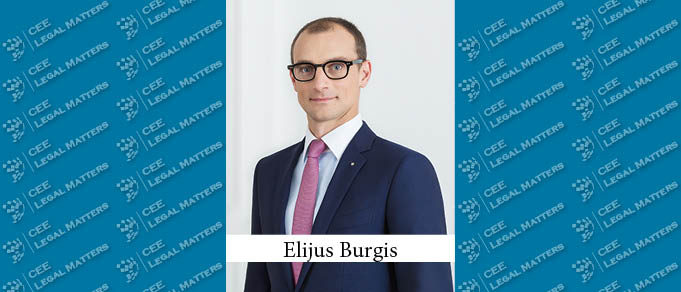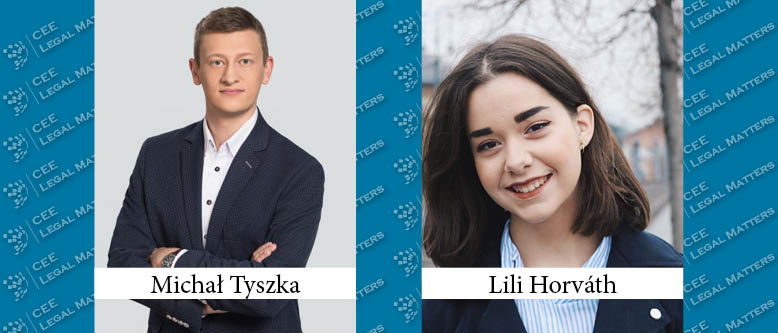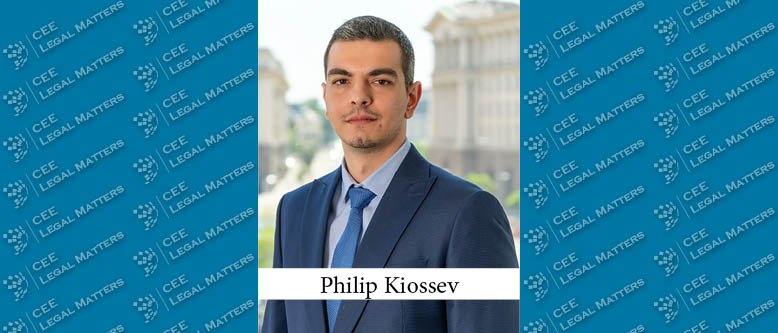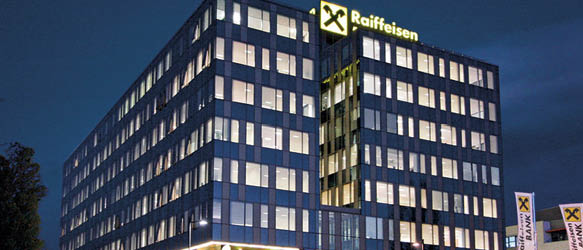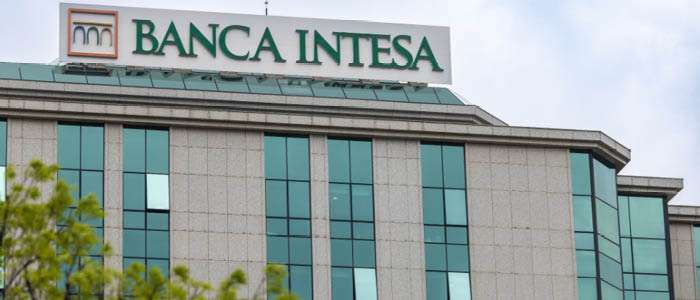As the year draws to a close, we traditionally check the results. Therefore, let's review the transaction market of 2022. If I had to choose, I would consider the birth of the second unicorn to be the most significant event in Lithuania. Globally, it must be the USD 44 billion deal between Elon Musk and Twitter, which has probably boosted popcorn sales worldwide.
The situation before and after the acquisition is still being watched by many internet users as a series.
As far as our country and region are concerned, it is difficult to see last year as a coherent period. I would divide the transaction market into two phases: from the beginning of the year to autumn and from autumn till the end of the year. In the first two or even three quarters, the market was very active. In the first half of the year, 54 deals were announced in the Baltic M&A market. The total value of the deals was just over EUR 1 billion.
The first 9 months of 2022 brought 81 deals with a total value of around EUR 1.5 billion. This compares to 121 deals announced in the same period the year before. The result of 9 months in 2020 was 44 deals.
The market is now calming down. The presumptions of bad times have finally caught up with us.
It should be stressed that 2021 was a record year in terms of the number of transactions in Lithuania in general. Therefore, it is quite difficult to compare years and to assess market activity from the overall figures. However, we still had a lot of work, so if we measure the number of transactions over the last 3-5 years, last year was above average.
The second unicorn
There were no particularly large buy-sell transactions in Lithuania in 2022, which would dwarf the others. Nonetheless, one large investment transaction was recorded. Nord Security, a Tesonet Group company, raised an investment of USD 100 million and was valued at USD 1.6 billion at the time of the transaction.
The investment is not a typical M&A transaction, but it is not a loan either. The money was added to the company's capital and some of the shares changed hands. Therefore, the statistics include such a transaction.
Whatever we call it, the transaction was one of the most significant ones last year, giving Lithuania its second unicorn. This, in turn, continues to stimulate capital movements and investment. It is quite possible that, just like after Vinted becoming a unicorn, the number of millionaires will rise in Lithuania.
Investments in space technology
Among the most significant transactions of the year, I would also name the acquisition of NanoAvionics. Norway's Kongsberg is a strategic investor that wants to further develop space technology rather than maximize profits. They have brought not only money but also a lot of know-how. That, I would say, is the recognition of the giants of this industry. Companies like Kongsberg do not invest in unknown enterprises in unfamiliar jurisdictions.
Moreover, the activities of NanoAcionics are closely related not only to space and earth exploration but also to the defense and energy sectors. The potential is enormous and the company is worth keeping an eye on.
Another deal I like using as an example is the acquisition by the Norwegian BEWI. It is one of the world's largest manufacturers of packaging and insulation solutions, which acquired 100% of Baltijos Polistirenas UAB. When the war broke out, BEWI was already in the process of buying the company whose production is related to petroleum products, which we do not have in Lithuania. There were also other problems related to raw material acquisition and logistics to be solved. Moreover, the company also operates in the construction sector, which was already in turmoil at the time and which is also expected to remain stagnant for at least a while. Despite all these negative factors, the buyer did not hesitate.
The deal demonstrated the confidence of Scandinavian investors in Lithuania. It was one of the first deals since the start of the war. It may therefore have reassured other investors.
A hard winter
In late autumn, a slowdown began. The market was already talking about it in the summer. However, the premonition did not materialise, and the action continued until the fourth quarter. The slowdown was due to objective factors - war, inflation, rising interest rates, falling share value, uncertainty about the future, and other related issues. Overall, it is strange that the slowdown has come to Lithuania so late. Even though the war has been going on since February, we are practically the last ones in Europe to be caught up in the negative sentiment and pessimistic forecasts.
Investors are very cautious about the future because businesses are bought for future profits. Naturally, if the future is not looking good and the outlook is bleak, the market starts to stagnate. The buyers are the first to get caught up in this mood and start beating the price, but the sellers need a little more time to change their expectations, so usually in such a market situation, the negotiations get stuck for a while. Of course, they often resume later, but with adjusted expectations. I would expect the process to start again in the middle of next year.
The American wave
Both positive and negative developments in the global market are driven by the US. Last year's processes were no exception. As a reminder, first the stock market fell, then base interest rates started to rise, and money became more expensive. These changes have also affected the growth of start-ups, making it more difficult to raise money. Then there was increasing speculation that some businesses across the Atlantic were overvalued, and the downward spiral began.
Many companies saw their valuations fall, and around the end of the summer, the big tech companies started laying people off.
Nevertheless, significant deals were made. Globally, in addition to the aforementioned Twitter, I think there were at least two other large acquisitions that deserve attention.
The first one shows the growing importance of the games industry and symbolises a new phase in which the big global corporations are playing the first fiddle. I am referring to the deal in January 2022, in which Microsoft acquired Activision Blizzard, one of the world's biggest video game developers, for USD 68.7 billion. If the deal is completed (planned for 2023), the software giant will become the world's third-largest gaming company in terms of revenue (after China's Tencent and Japan's Sony), although this is only its secondary activity. It seems that this industry is not child’s play.
Another deal worth mentioning, not only for its impressive amount, took place in May 2022. Broadcom, a diversified and increasingly cloud-focused semiconductor manufacturer, agreed to acquire Vmware, a cloud computing and virtualisation technology company, for USD 61 billion. As a consequence, Broadcom's share price fell by almost 20% after the transaction (not for the first time, by the way) due to very different cultures of the companies. In addition, Broadcom has a reputation for mass redundancies and divestments of unwanted divisions after acquisitions (as happened with Symantec and CA Technologies). Nevertheless, a company with its chip and server virtualisation and IT infrastructure businesses in one pair of hands could become very powerful. Thus, the whole IT market is waiting to see what will happen to the veteran of the Silicon Valley Cloud.
Life on the edge of the front
In any case, the deterioration of the market curve in Lithuania has not been as dramatic as in the US, as our companies have always had more modest valuations and the stock market has not suffered substantially, as it is virtually non-existent compared to the US. It is precisely because of these key factors that our sentiment in the market is calmer and the negative impact is less apparent.
Imagine the panic that would ensue if the shares of our country's major companies were listed on the stock exchange and we witnessed a negative trend where the value of the shares fell by 20% or more every day. Every day. I can assure you that market sentiment, and therefore investors' expectations, would be much worse.
However, it must be acknowledged that market sentiment is not good and is getting worse. We should be happy that Lithuanian companies managed to attract investments in the first half of the year, thus jumping on the last train. Otherwise, it would be extremely difficult and, frankly, maybe impossible to do so now.
Although some global trends reach us more or less late, in the eyes of the world we are in a whirlpool of events and, unfortunately, they are not positive. The war in Ukraine is one of them. To some, it may seem that we are living almost on the front line. However, Scandinavians, Poles, Germans, and investors from other countries in the region are saving our market. They have a much calmer approach to the situation saying that the closer you are, the better you understand the real situation.
I think the uncertainty that is now prevailing in other markets around the world will soon make its way to Lithuania. The market will no longer be so inert and there will be less spontaneity. On the other hand, we should bear in mind that there is still a lot of money that is planned to be spent.
To conclude this brief overview, I would like to share my optimistic outlook for the next year. I believe that the situation in Ukraine will turn for the better, there will be more positivity in the markets, and the overall market climate will be favourable. So, bearing in mind that we will have to "make up" for what was lost in 2022, and will still be wasted next year, we will finally be able to say at the end of 2023 that it was a normal year in the transaction market.
By Elijus Burgis, Partner, COBALT

